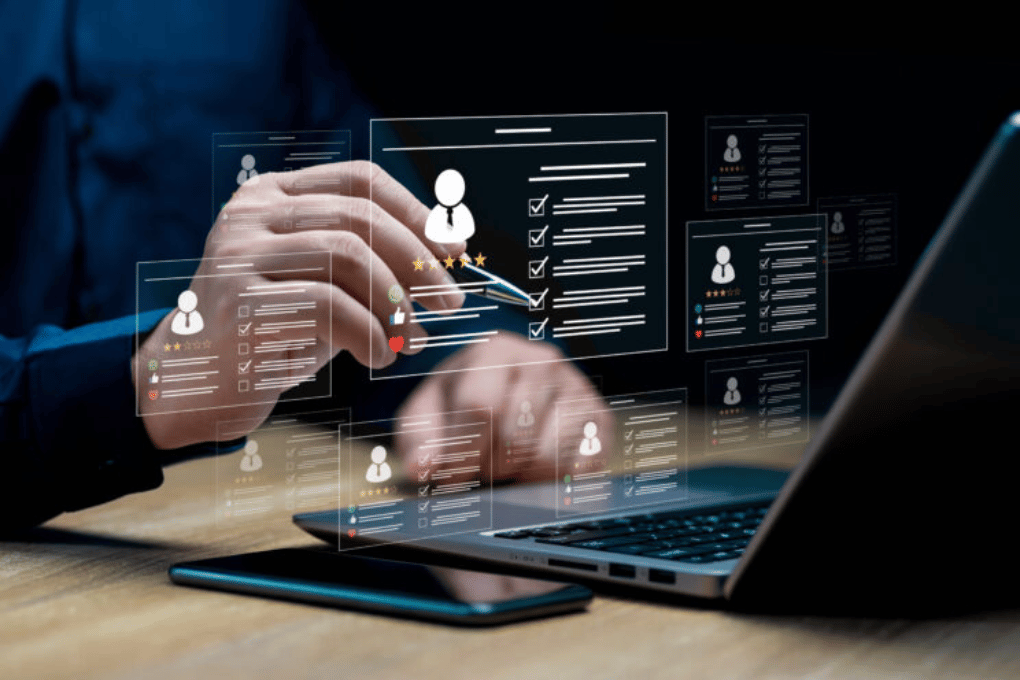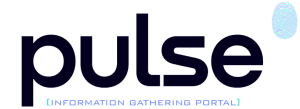Job interviews enter a strange new world with AI that talks back

The next generation of job interviews is unfolding with growing adoption of AI-driven tools that simulate live, two-way interviews using synthetic voices. Startups such as Ribbon, HeyMilo and Apriora report swift uptake of their real-time AI screening platforms, which allow job candidates to interact with virtual recruiters. These tools probe skills, ask follow-up questions and provide structured feedback to employers—offering cost-effective, 24/7 interviewing, especially valuable in high-volume hiring.
Ribbon, launched in 2023, signed nearly 400 clients in eight months and recently raised $8.2 million. Propel Impact, a Canadian nonprofit, turned to AI interviews to scale its hiring of 300 fellows after ChatGPT blurred the value of written applications. Unlike older platforms like HireVue’s one-way video interviews, new models use large language models to enable dynamic interaction, though issues persist. TikTok clips show occasional glitches like phrase repetition or misinterpretation, with developers citing rare error rates.
Concerns remain around the impersonal nature of AI interviews. Some companies, such as FinChat and Propel, mitigate this by disclosing AI usage upfront and offering human touchpoints. Despite some candidates opting out, asynchronous interviews widen access for those with non-traditional schedules. Regulatory scrutiny is growing, with jurisdictions like Illinois and New York mandating transparency and bias audits for automated hiring.
While AI currently supports rather than replaces final hiring decisions, its role is expanding. Some companies now use AI interviews beyond initial screenings—to assess technical skills or discuss compensation—reflecting a broader shift in how employers approach recruitment in the digital age.
Implications for Adcorp
The way of the future.
